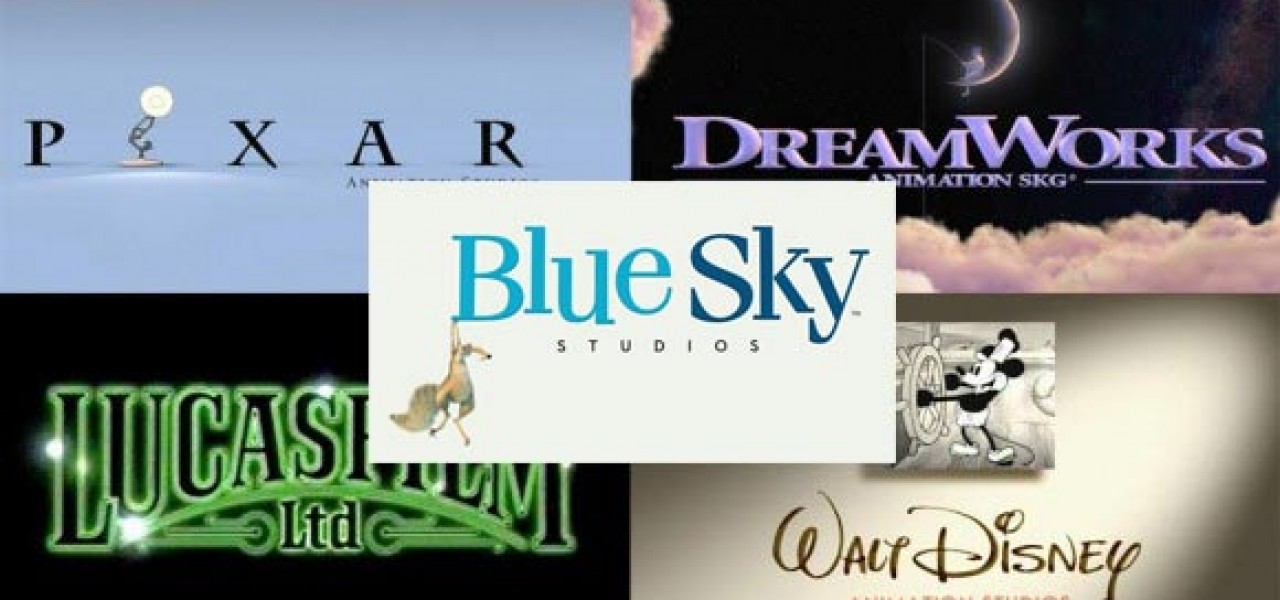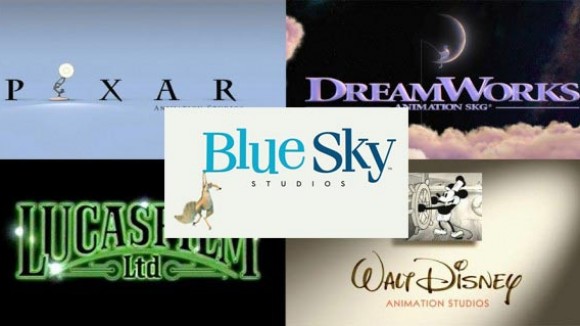

Federal Judge Dismisses Animation Studio Wage-Fixing Suit
Last summer, deposition testimony given by Pixar and Disney President Ed Catmull revealed evidence of collusion with animation industry competitors to fix wages and otherwise damage the careers of their employees. The testimony was part of a lawsuit against high-tech companies that involved a federal investigation by the U.S. Justice Department.
Subsequently, in September 2014, animation industry employee Robert A. Nitsch, Jr. (and soon followed by other employees) Georgia Cano and David Wentworth) filed a class-action suit against their former employers, Disney, Sony Pictures Imageworks, DreamWorks, ImageMovers Digital, and other studios, alleging a wage-theft conspiracy to bolster profits at the expense of the careers of countless animation artists.
Last Friday, federal judge Lucy Koh sent the plaintiffs back to the drawing board.
Federal antitrust law and California unfair competition law generally requires that any lawsuit must be filed within four years of the actual violations of these laws. This lawsuit, filed September 8, 2014, alleged facts and presented evidence of events that occurred prior to September 8, 2010.
In the case of fraud, however, a plaintiff can file a lawsuit alleging fraud four years from the time the violations were actually first discovered by the plaintiffs. The requirement in fraud cases is that the plaintiffs must show specific “affirmative acts to mislead.”

Nonetheless, Judge Koh ruled that the evidence presented, which included “secret meetings” and “minimizing any written record of the conspiracy,” failed to show “affirmatively misleading conduct” beyond “the alleged conspiracy itself.” Judge Koh granted the defendants’ motion to dismiss accordingly.
However, if the plaintiffs can find evidence that the violations they allege occurred after September 8, 2010, or if they can find actions specific attempts to mislead on the part of the defendants, the case might still go forward. They have 30 days—until May 3—to amend their complaint.
In the initial complaint, Nitsch, Cano, and Wentworth alleged that that the studios “engaged in a conspiracy” that deprived the artists of “millions of dollars” in compensation and denied them “opportunities to advance their careers.” The plaintiffs claimed violations of federal antitrust law as well as California unfair competition law that began when George Lucas first sold his computer division (which was to become Pixar) to Steve Jobs in the mid-1980s.
Pixar president Ed Catmull then allegedly agreed with Lucas “to restrain their competition for the skilled labor” that worked for both Pixar and Lucasfilm, both of which were based in northern California, where the artistic community is smaller than in southern California, and where the opportunities for such artists are more limited.

According to the lawsuit, the defendant studios, including Pixar, Lucasfilm, and Blue Sky, schemed to avoid high wages for artists by discussing and agreeing to compensation ranges for employees – that is, pay for employees would not go above certain, agreed-upon levels, so that the studios could limit their payroll expenses. The studios further agreed not to poach each other’s artists to avoid replacement costs and bidding wars for artists. After Sony poached workers from other studios, Catmull is alleged to have met with the studio’s heads to bring them into the conspiracy.
Among the evidence the lawsuit presented were emails from studio human resources departments referring to a “gentleman’s agreement” among the studios “not to directly solicit/poach” employees from each other. One email presented as evidence, from Ed Catmull to then-Pixar owner Steve Jobs, indicated that Catmull thought the agreement among the studios “worked quite well.” The lawsuit also alleged that the studios agreed to notify each other when an employee of one studio applied for a position with another, and that the studios “agreed to limit counteroffers in such situations.”
Unless the plaintiffs can present new evidence by May 3, the case will not go ahead.

.png)